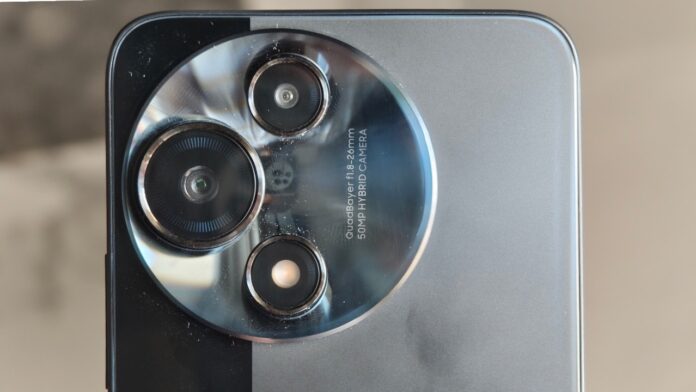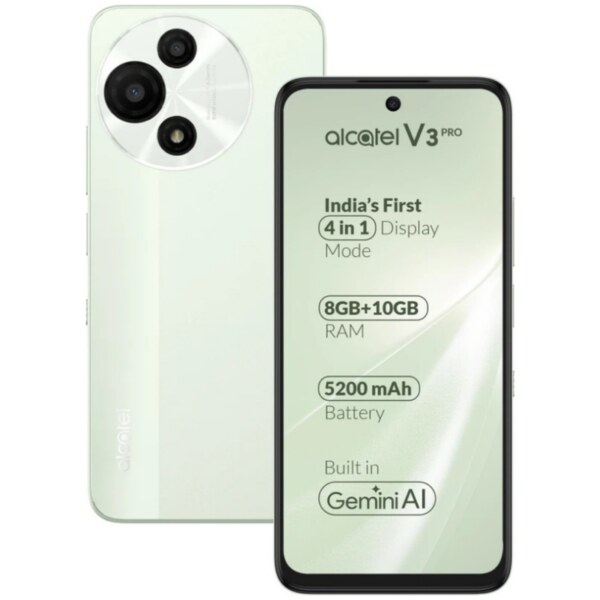Alcatel re-entered the smartphone market in India with three new launches in May, and out of the trio, here we are reviewing the Alcatel V3 Pro 5G which starts at Rs 17,999, to help you find out whether it’s worth your money or if it’s better to opt for competitors such as the CMF Phone 2 Pro or the Samsung Galaxy M36 5G.
Design & Build Quality
The new Alcatel V3 Pro 5G fortunately doesn’t copy its design from any other offerings in the market. There’s a dual rear camera setup that is placed inside a circular module, which has a glossy finish.
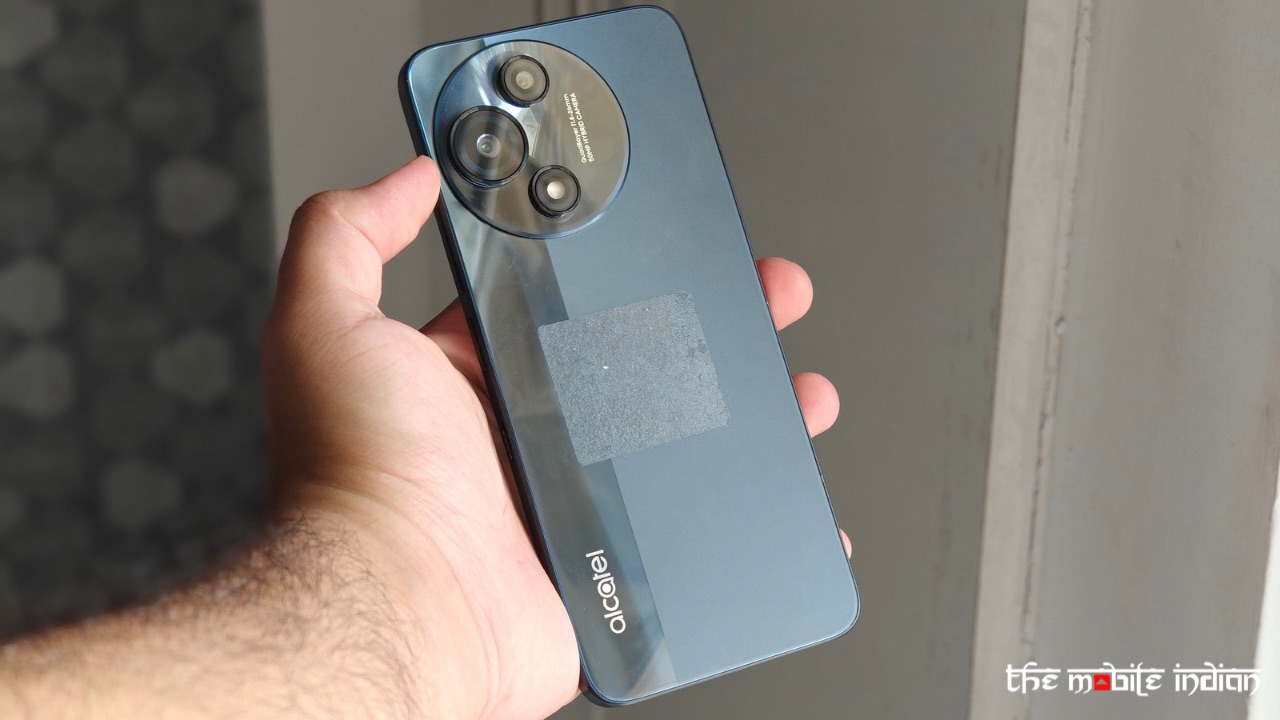
The entire back panel features a dual-tone finish, with one half providing a soft, matte touch feel and the other half being glossy, which easily attracts fingerprints. The frame is given a brushed metal look even though it’s made of plastic. Not only tha,t but the whole body is made of plastic.
While the device itself doesn’t feel too cheap, I am not quite sure about the build quality as it doesn’t feel sturdy to me. Furthermore, the back panel of the handset can be pressed down towards the middle, and you can feel it getting pressed, which doesn’t instil confidence in me regarding the build of the handset. Also, the IMEI sticker on the back uses cheap glue due to which a lot of its residue remained once I took it off.
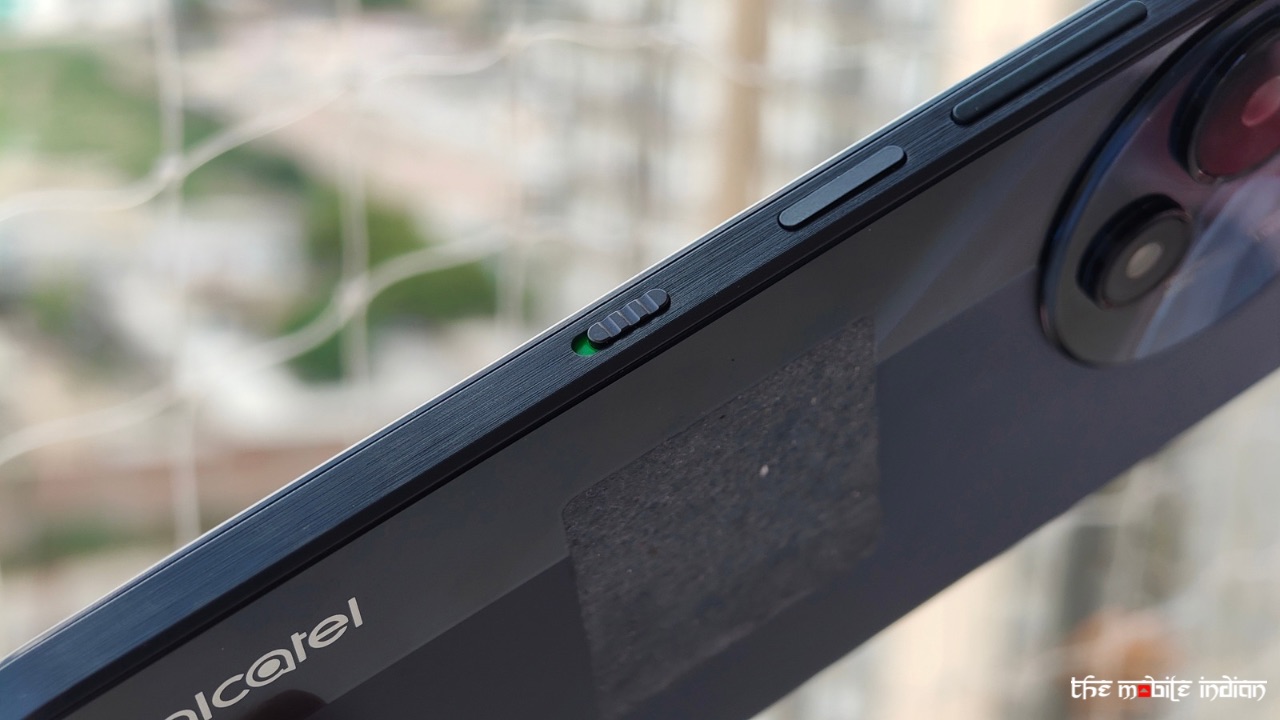
With that aside, the device does look decent for the price. The buttons on the right-hand side feel tactile, while the fingerprint sensor integrated into the power button works as it should for the most part. That’s because it sometimes doesn’t recognise my fingerprint and is also slow at times in unlocking the device. It is possible, though, that these issues will get fixed through a software update.
The right spine also has the NXTPAPER key, which can switch display modes when you toggle it. Note that its function is locked and the key remains unmappable to other features.
The Haptics on the Alcatel V3 Pro 5G are below average, considering it comes with a regular vibration motor. In comparison, haptics on the CMF Phone 2 Pro are far better.
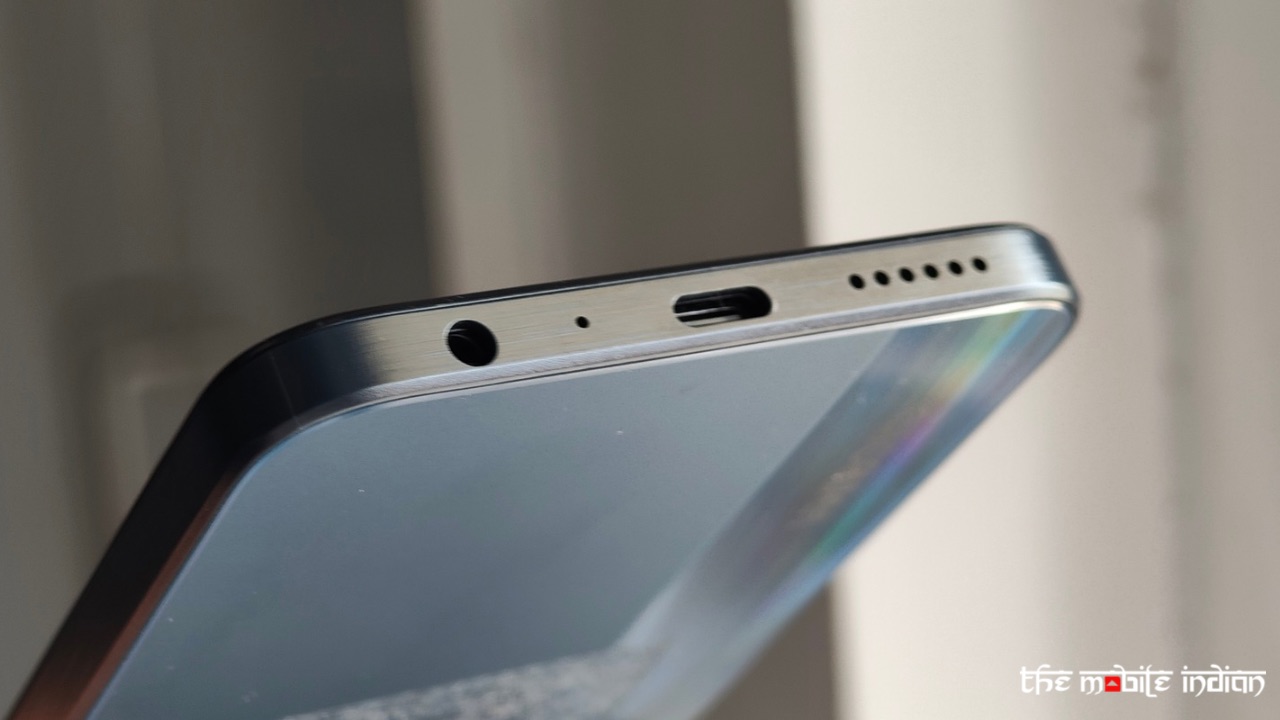
Alcatel does offer a stereo speaker setup, which is rare at this price point. However, keep your expectations in check, considering the price. At this price point, the sound from the speakers is loud and clear, but it lacks depth. There’s also a 3.5mm Audio Jack at the bottom if you still prefer wired earbuds over wireless ones.
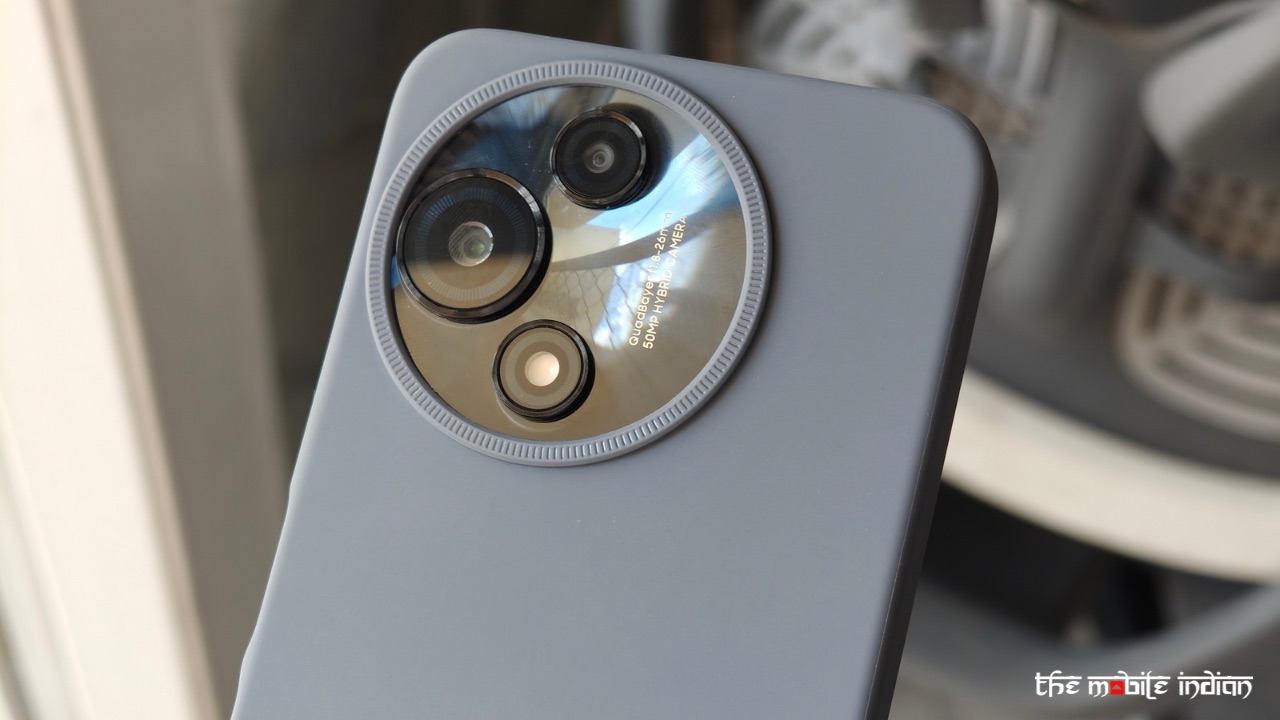
There’s also a silicone case that’s provided in the box, which can protect the device from drops. The quality of the case is excellent and so is its design as the camera cutout at the back has a ridged border, which is great attention to detail and unexpected at this price.
Display
The Alcatel V3 Pro 5G sports a 6.67-inch IPS LCD display with HD+ resolution 1600 x 720 pixels, 570 nits brightness, NXTPAPER technology, and a Refresh Rate of 120Hz.
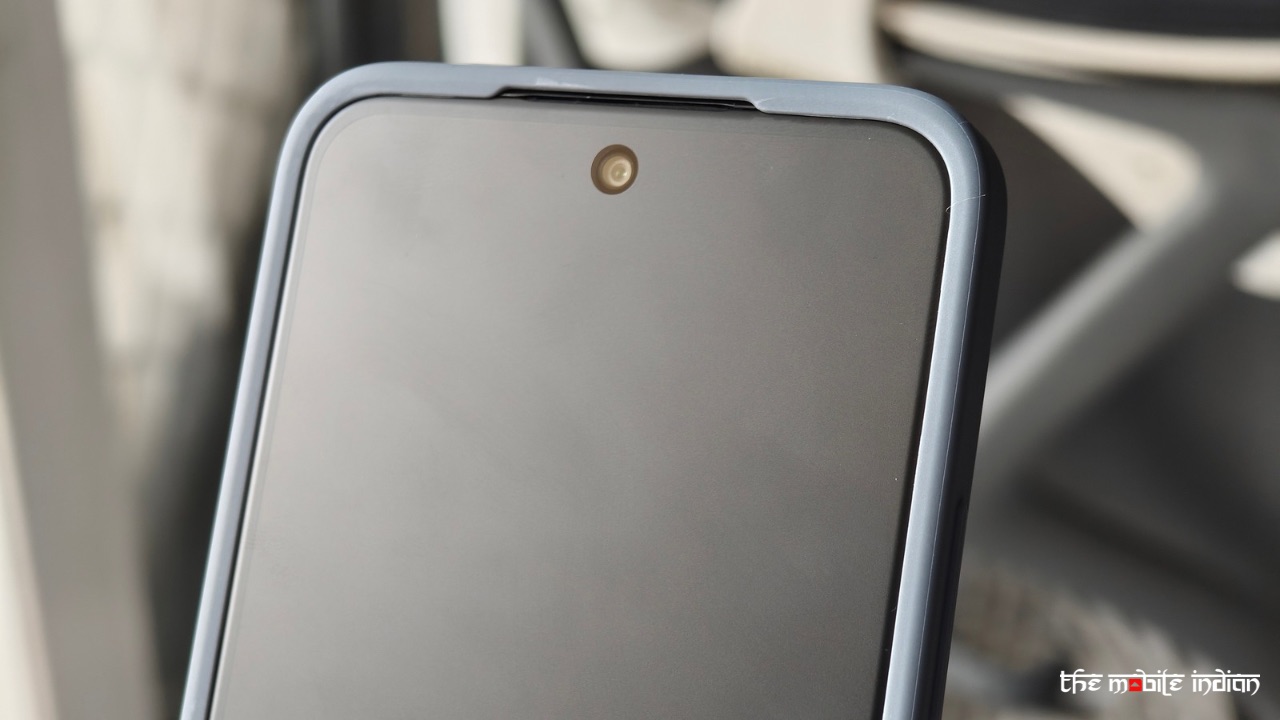
NXTPAPER technology simply means that the panel has a matte coating which considerably improves the touch response, reduces smudges from your fingers and also reflections and glare. This allows Alcatel to provide features like the E-ink mode, which perform better with a matte finish display rather than a regular glossy panel.
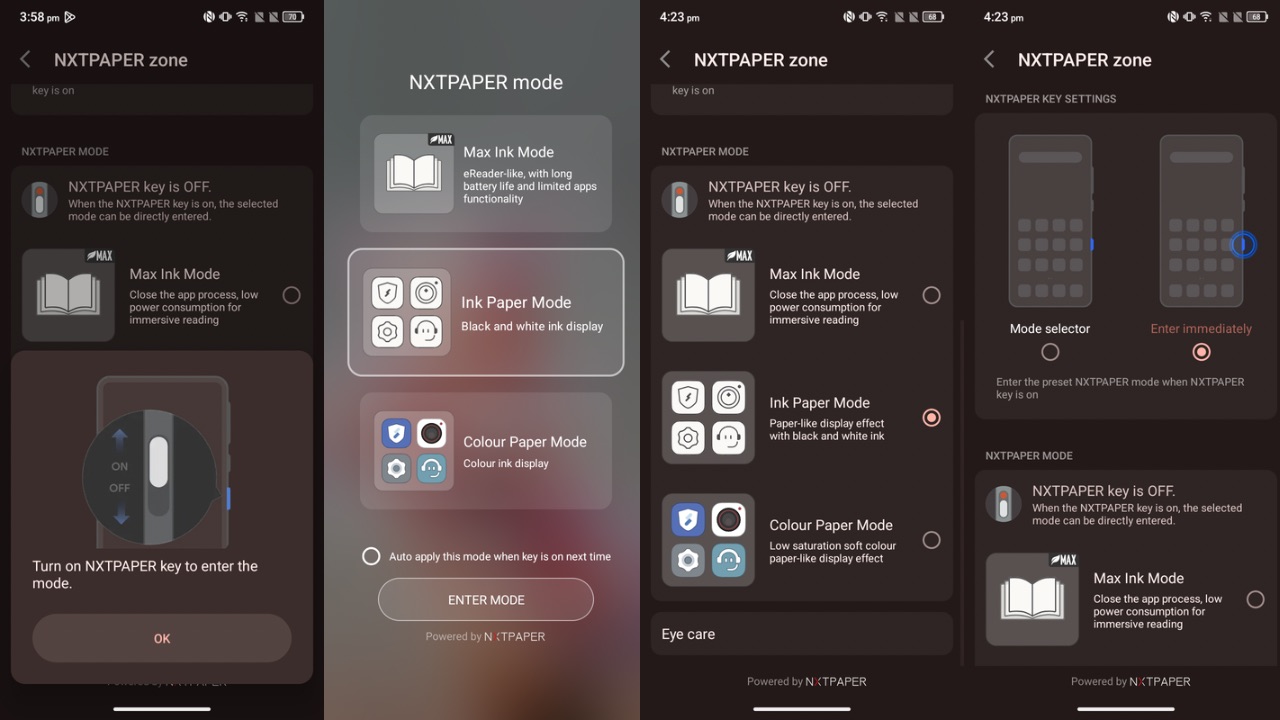
There are two modes for the panel apart from the regular colour mode, with one being called Ink Paper Mode and the second being Max Ink mode. You can choose whether you want the key to open one of these two modes when toggled or ask you each time as to which mode to enter.
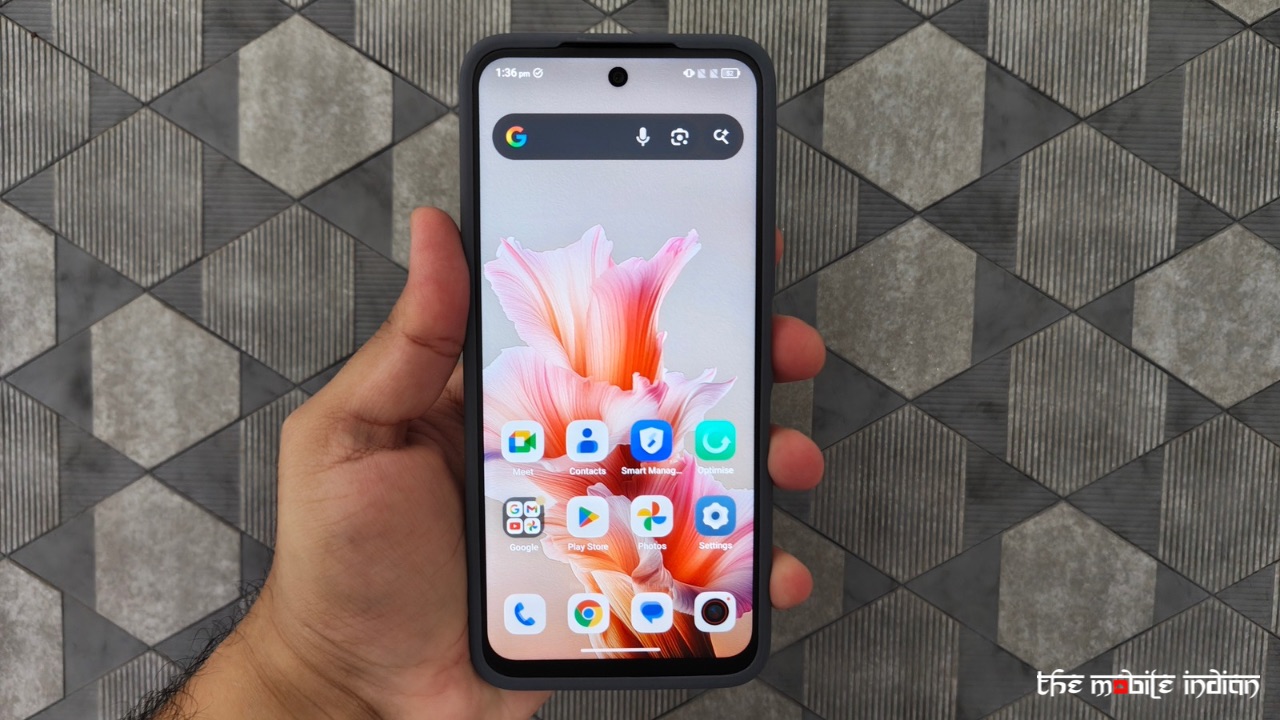
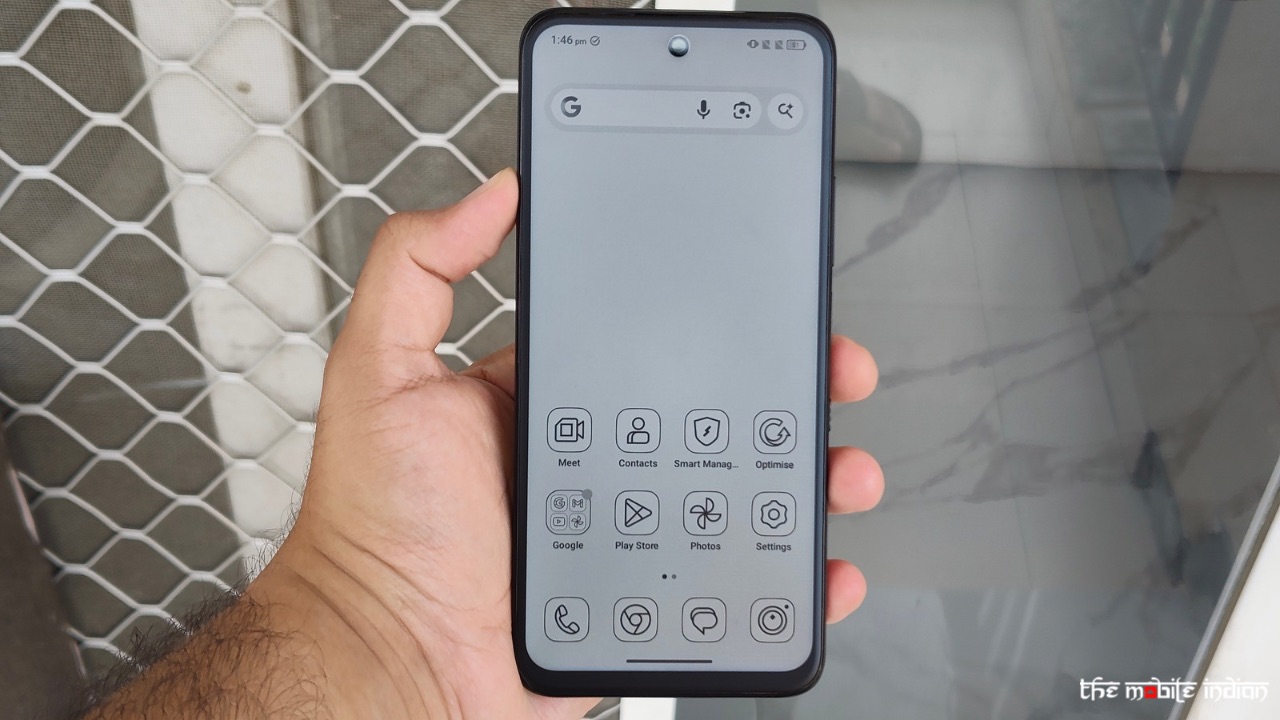
The switching process is slightly slow as it’s accompanied by a water ripple animation along with a loud jingle (so its better to switch after turning down the volume).
The Ink Paper mode simply turns the display black and white to reduce eye strain and improve reading. However, some apps like Google Photos still open in colour mode for some reason, even if this mode is turned ON.
The Max Ink mode transforms the smartphone into a dedicated reading device, closing all apps, limiting device functions, and allowing notifications from apps added to the Max Ink mode, thereby also conserving battery life.
For readers out there who don’t want an e-reader, this is actually a good solution as reading on the panel did become comfortable with these modes paired with the matte finish.
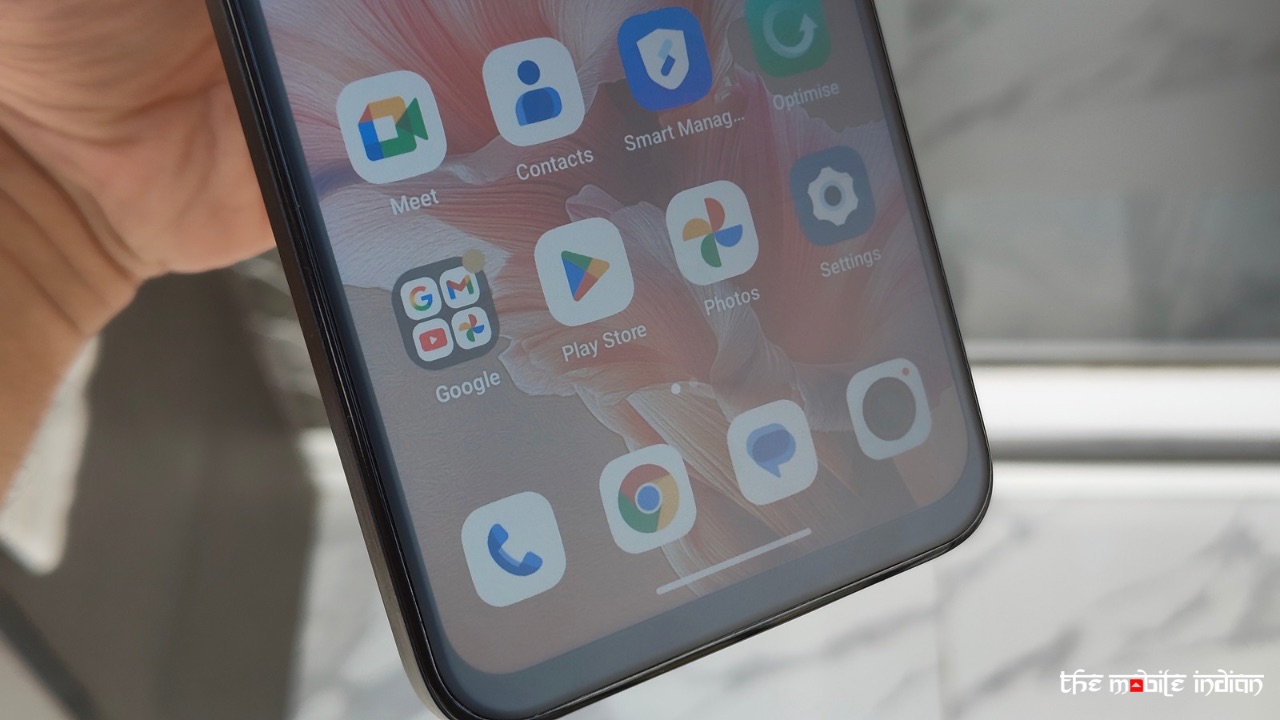
Aside from that, like other phones, you can choose from various colour modes like vivid, natural, saturated, or sRGB, which are also customisable with regards to the hue of the colour tone.
The display otherwise feels responsive to the touch, with excellent viewing angles, saturated colours, and high smoothness. The display resolution is 720p, which is average, as a higher resolution, like the Acatel V3 Ultra’s panel, would have been better, making the text look sharper.
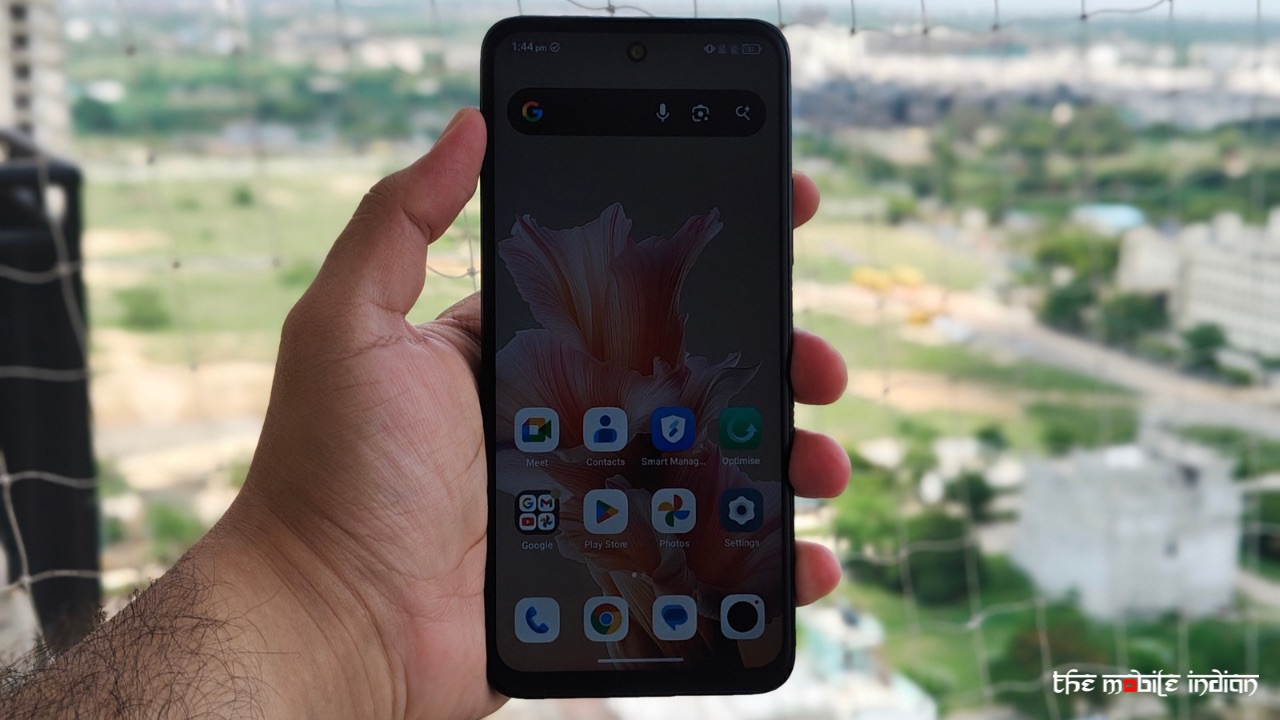
Despite that, and the fact that the panel is not bright enough outdoors and there’s some amount of smearing while scrolling, it definitely has a unique characteristic, which is the matte coating, which none of the brand’s competitors are offering in this segment and enhances the daily usage experience. Overall, I’d still appreciate that the brand tried to do something different from its competitors and did succeed to some extent.
Read More: Alcatel V3 Ultra, V3 Pro, V3 Classic Smartphones Launched in India
Software & Performance
The Alcatel V3 Pro 5G comes with a MediaTek Dimensity 6300 SoC under the hood, paired with 8GB LPDDR4x RAM and 256GB of UFS 2.2 storage, which is expandable up to 2TB via a microSD card.
This is not the most powerful Chipset at this price point as the Galaxy M36 5G and the CMF Phone 2 Pro have stronger processors but it is decent enough for daily use.
The device performs fluidly most of the time, with occasional stutters throughout the user interface. At times, the animations would lag or skip a frame which is noticeable if you try to perform too many actions in quick succession. RAM management remained decent but could be better.
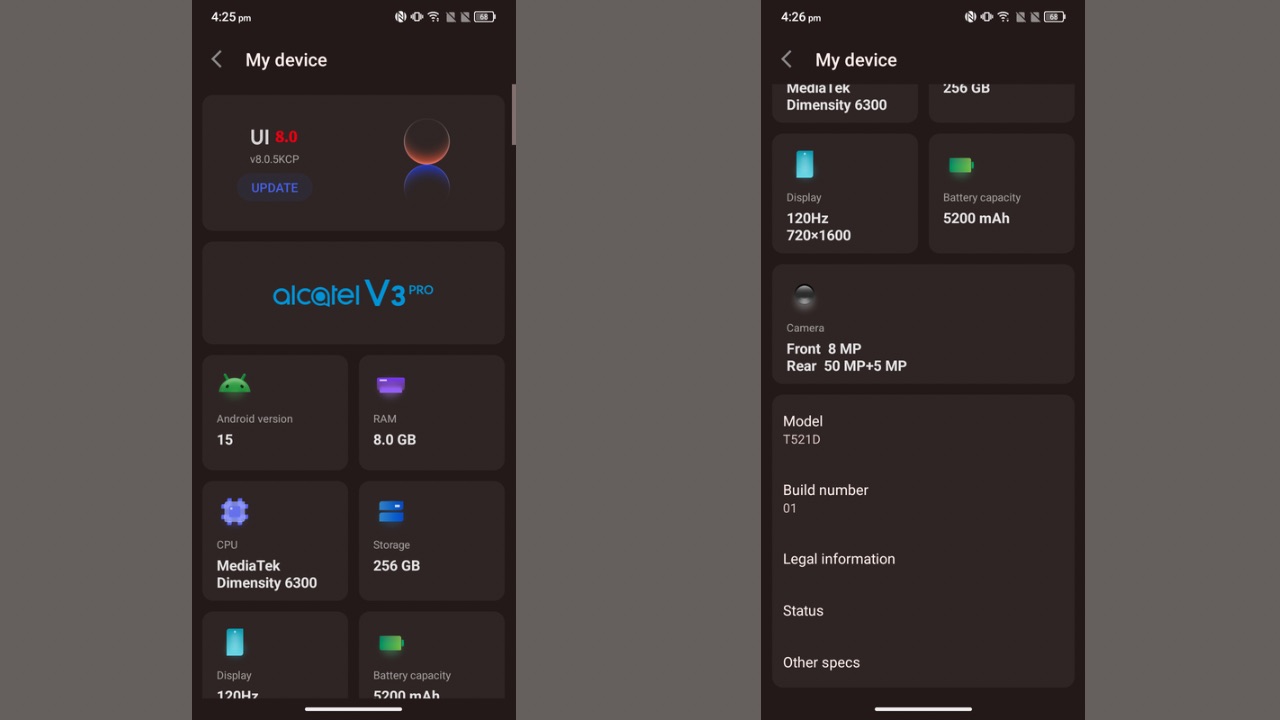
The device runs on Alcatel UI 8.0 based on Android 15 which takes some of the elements from stock android but with a twist. The notification shade is similar to what you see on Pixel phones with more rectangular tiles. There’s a nice little touch for the sound mode tile where you can choose from the sound modes and if you keep it on ring mode, you can adjust the volume of media through the tile itself.
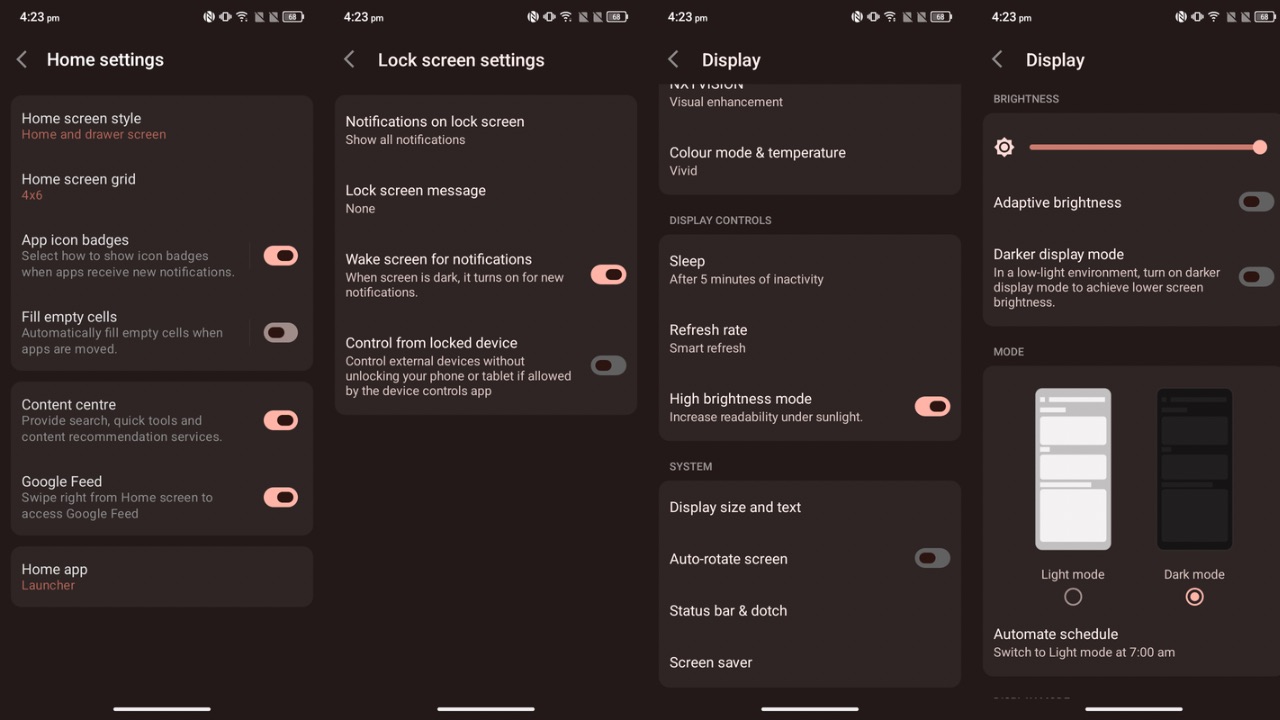
The settings App has icons for each setting while the volume bar gets a pill-shaped indicator to display the current levels.
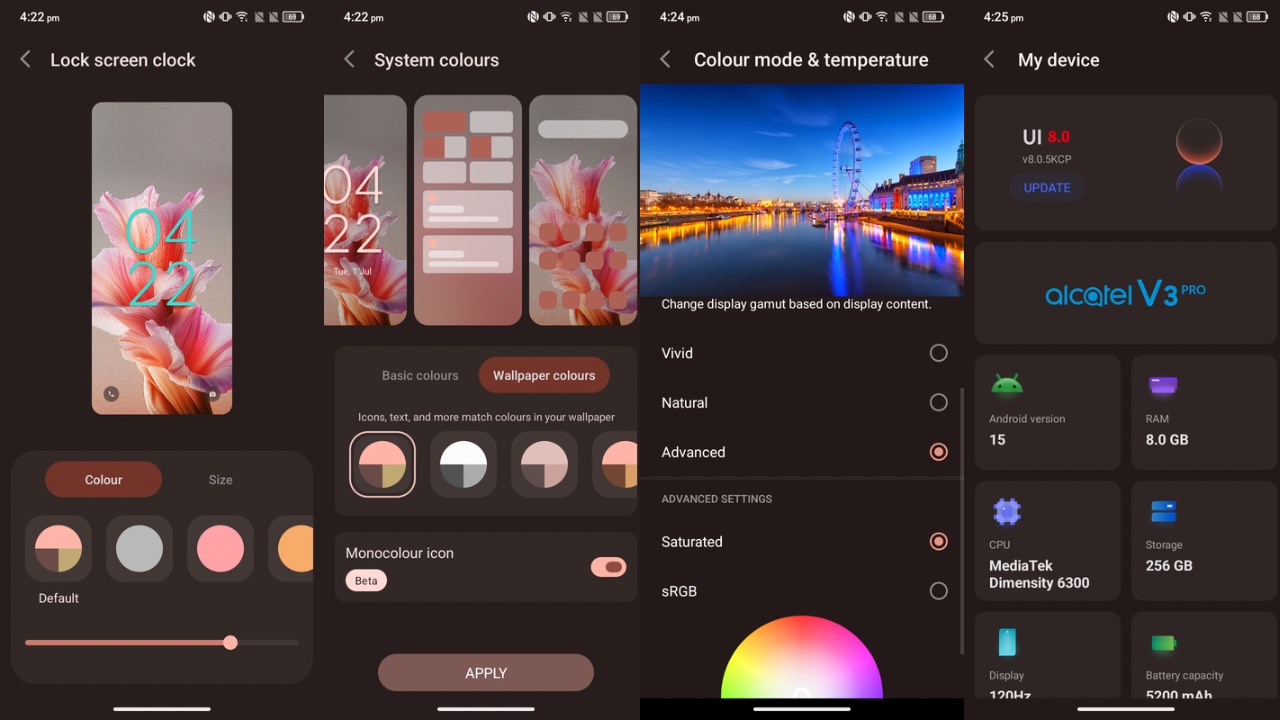
For customisation, there’s wallpaper-based colour theming for the whole system, the ability to change clock colour on the lock screen and the lock screen shortcuts as well, along with features like app grid customisation, enable/disable Google Feed on home screen, and more. There are no options for various clock styles for the lock screen and it sticks to the default one where the only things you can change are its colour and size.
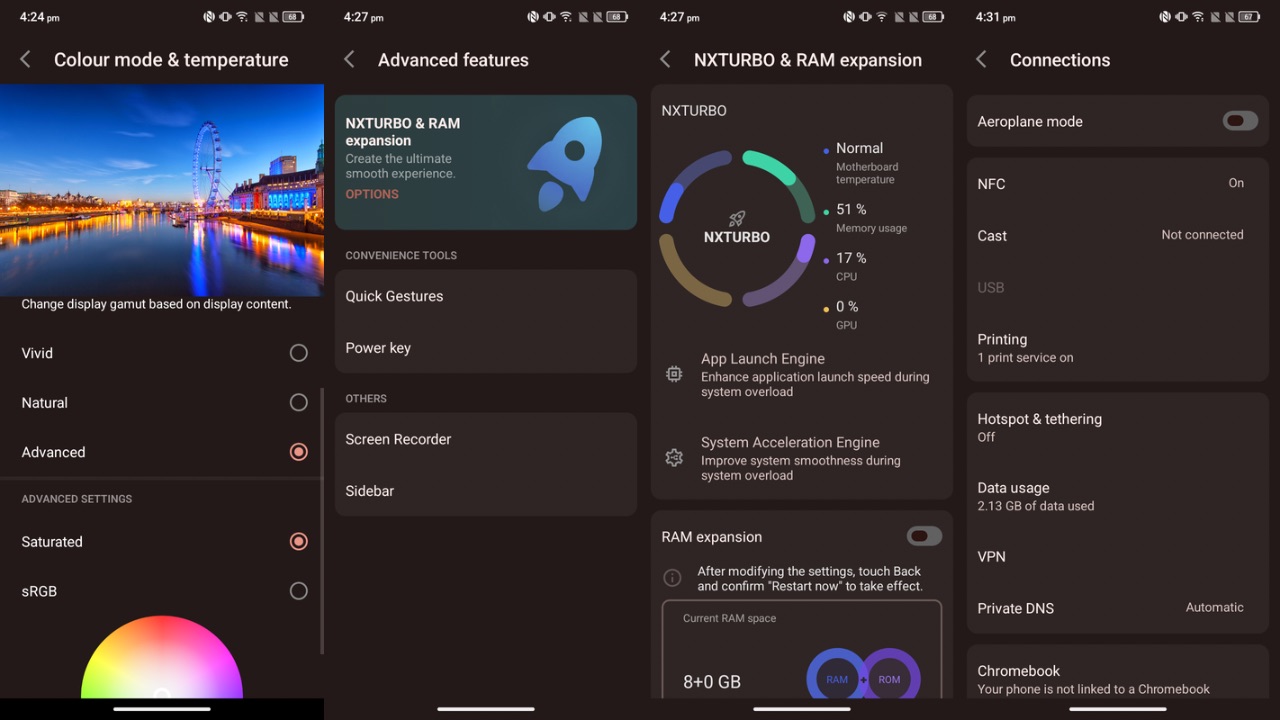
Other features like sidebar, 3-finger screenshot gesture, screen recorder, Virtual RAM expansion, etc., are also available. There’s also a Smart Manager feature where you can clean up cached data, see battery stats, block notifications, check RAM management, as well as control auto-launch for apps. You can also choose between gesture navigation and three-button navigation for a comfortable usage experience.
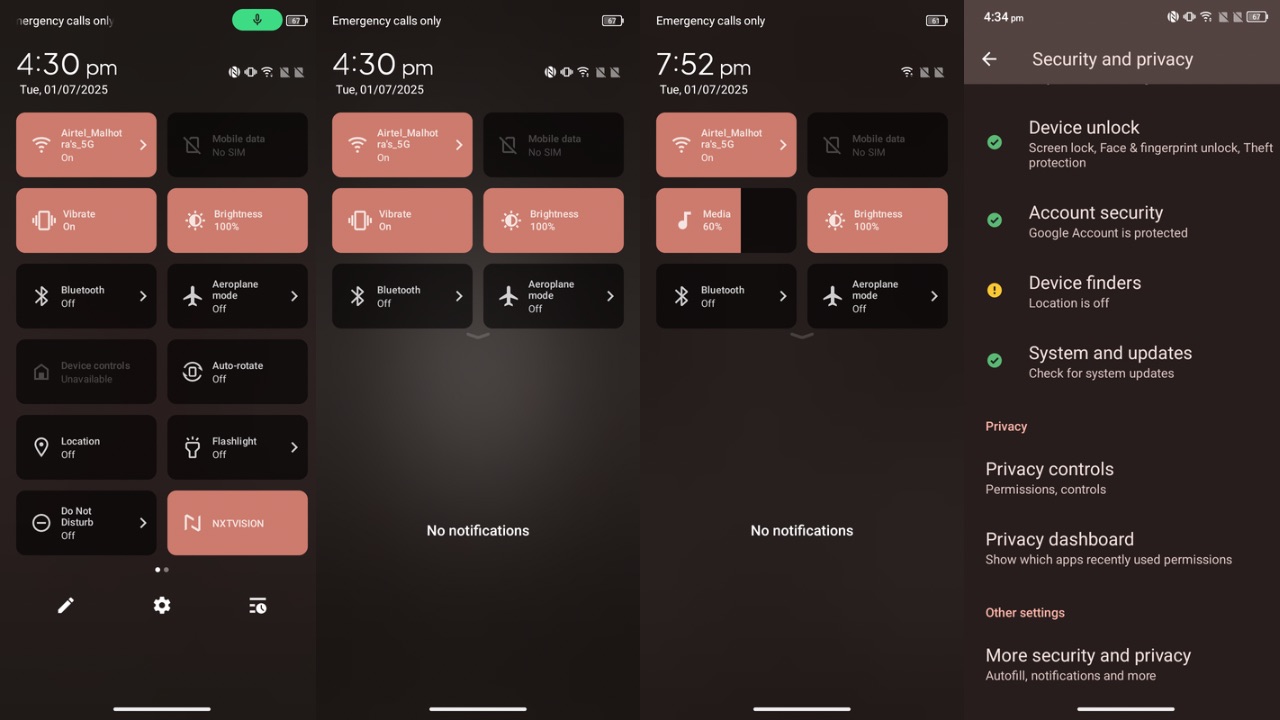
Features I missed here included App lock, double tap to wake, etc., which aren’t present as of now.
The Alcatel V3 Pro 5G ran on the April 2025 security patch out of the box, and we did receive a 1.2GB update at the time of writing this review, which bumped up the security patch to that of May’s. The update did make the device a little smoother but micro stutters were still present.
As for bloatware, you don’t get much except for apps like Booking.com, a Pedometer app, Facebook, LinkedIn, and a Sketchbook app, all of which can be uninstalled. Alcatel also pre-loaded the Indus App store onto its phones which acts as a homegrown alternative to the Google Play Store. The overall software experience remains clean.
Connectivity performance of the handset remained optimal. Surprisingly, there’s support for NFC as well.
Battery & Charging
The Alcatel V3 Pro 5G packs a 5200mAh battery with 18W Fast charging support along with a charger in the box. The device took almost 2 hours to charge from 0 to 100% which is not the best even for this price point.
As for the runtime, one can expect a day’s worth of use or even more if the ink paper modes are in use. You can expect about 6 to 7 hours of screen-on time with moderate use. My usage primarily included chatting, browsing the web, making some calls, scrolling through Instagram, listening to music, and video streaming, all on Wi-Fi. With Ink paper and Max Ink modes, you can squeeze out some more time.
However, I feel the device could have done better as I am getting similar stats even with the CMF Phone 2 Pro which has a slightly smaller cell and has Always-on display enabled, which is not available on the Alcatel device.
Cameras
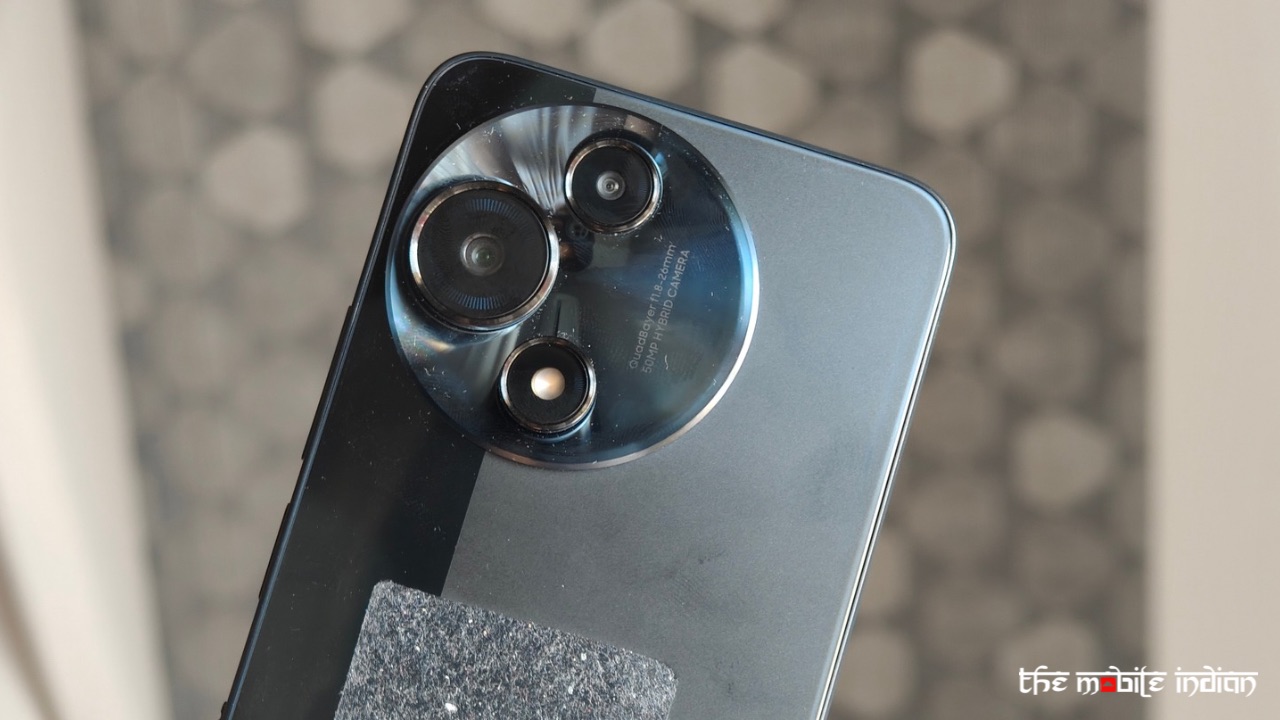
The Alcatel V3 Pro 5G features a dual-camera setup on the back, comprising a 50MP primary sensor and a 5MP ultra-wide-angle sensor. There’s an 8MP sensor on the front for selfies.
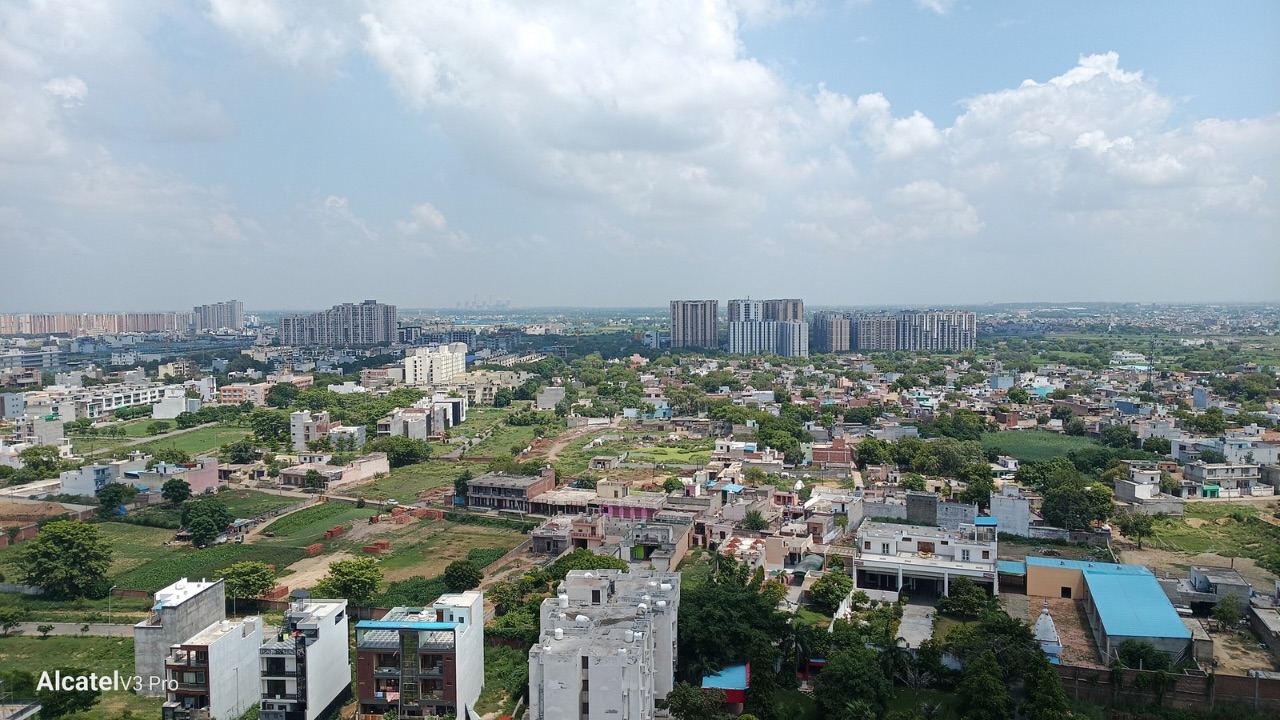
The primary sensor produces decent photos in broad daylight, where colours appear vivid and there’s sufficient detail. The dynamic range could be better, while the shots also look slightly over-sharpened. The device also offers three shooting modes, including vibrant, contrast-rich, and default. The vibrant mode makes colours a little more vivid, while the other two look similar.
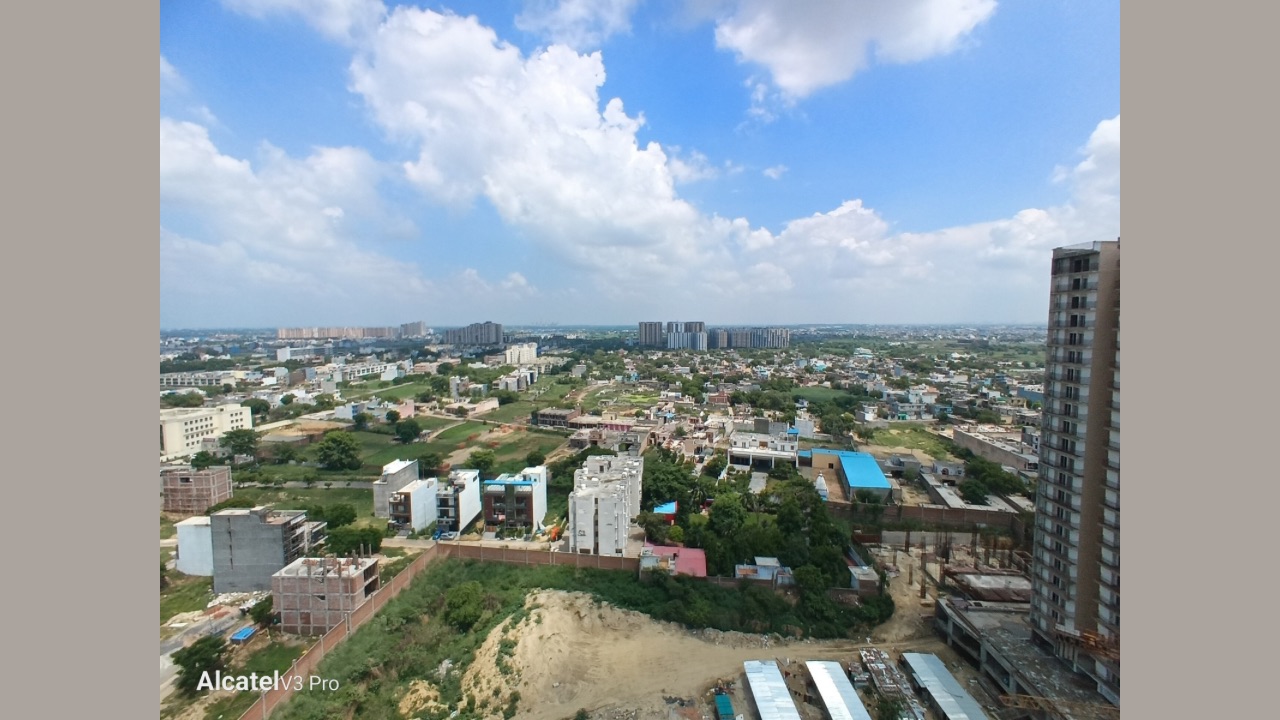
The ultra-wide angle sensor does a decent job as it’s quite wide and it retains the same colour science as the primary sensor which is a good thing. However, the detailing in such shots goes for a toss, while the shot looks worse at the edges, as the photos also have a notable amount of distortion.
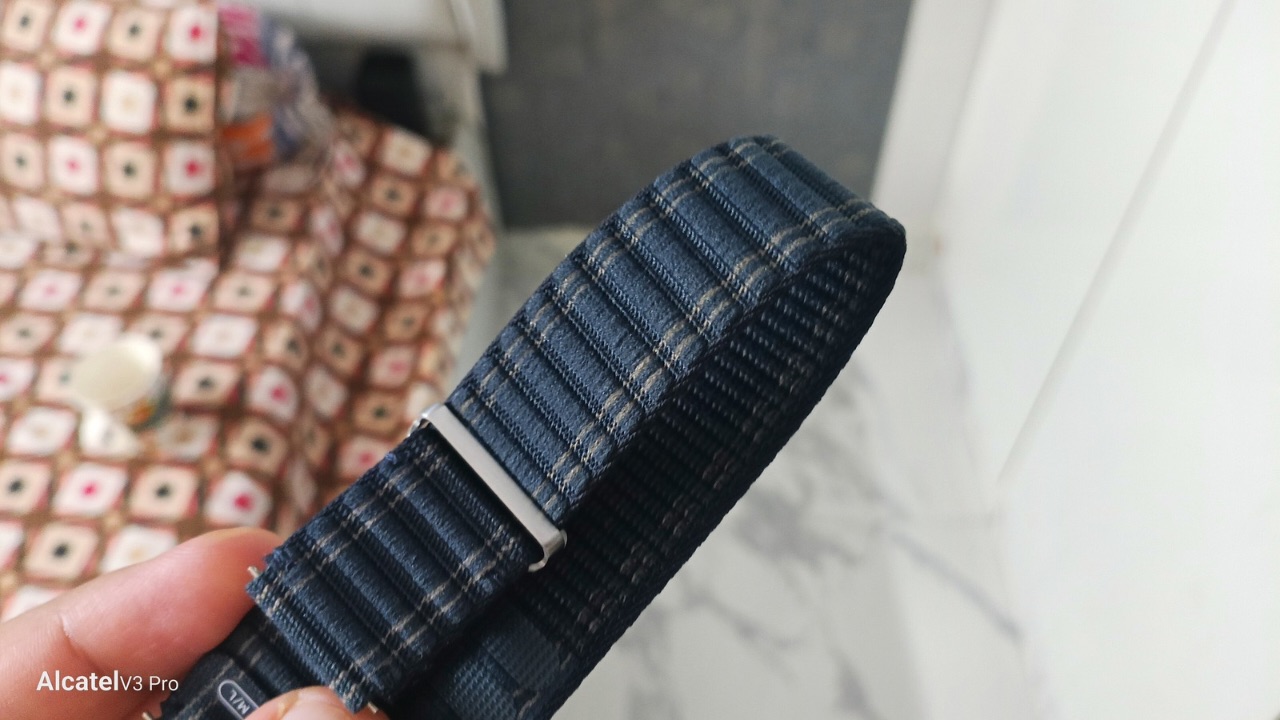
The EDGE detection in portrait shots is also unappealing. Furthermore, the device also has focusing issues as it couldn’t make out the subject in portrait photos and failed to focus on it.
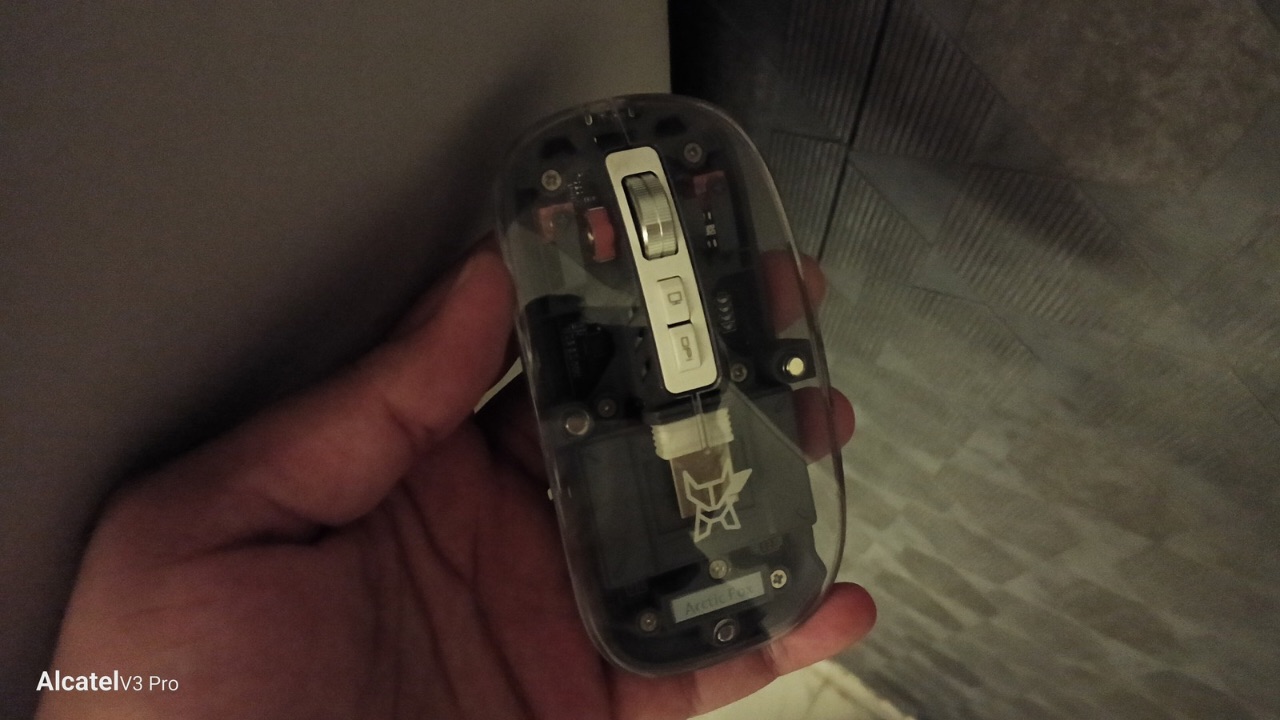
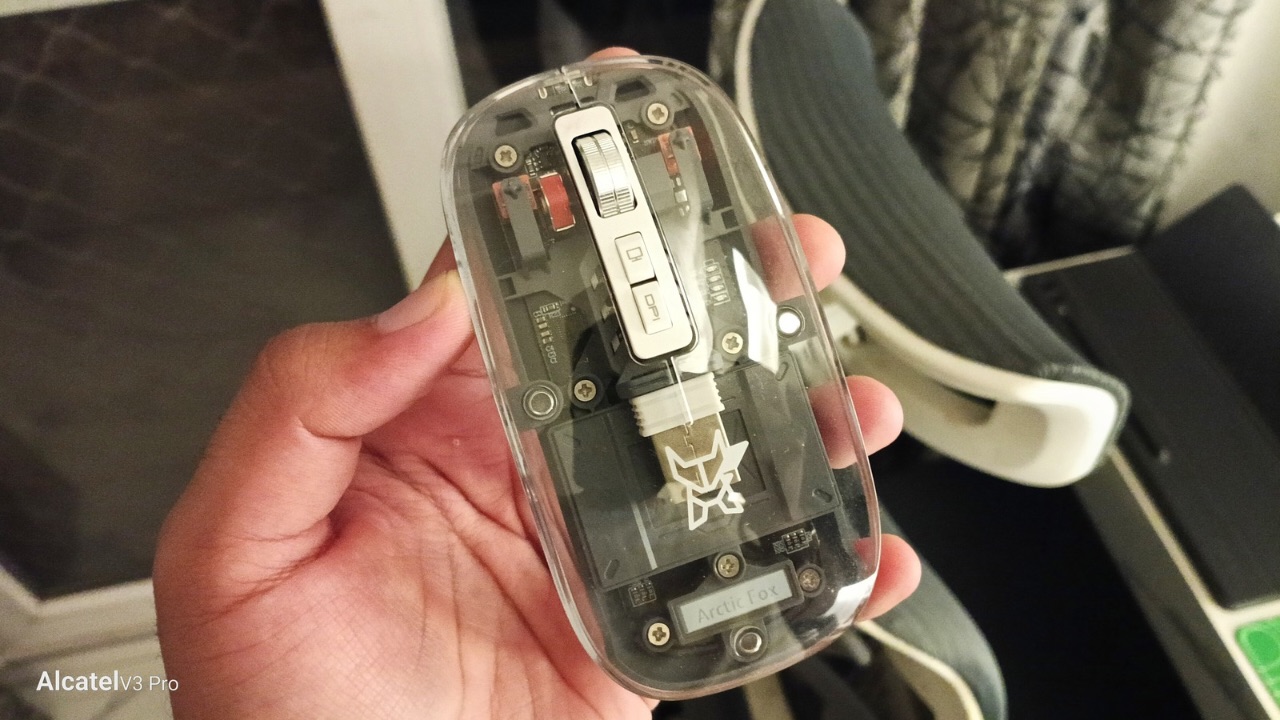
Under artificial lighting, the colours are picked up well and the detailing is not too good but not bad either. However, you can notice some amount of noise in such shots which gets even worse under low lighting. Additionally, exposure can often compromise the shot in low-light conditions. The colours also begin to look weird and the photos appear soft. Surprisingly, I also couldn’t find a dedicated night mode.


The selfies look over-sharpened and the skin tones are way too much on the warmer side. Further, the background could blow up if it’s too bright so the dynamic range and exposure don’t play too well. Aside from that, the rest of the colours in the shot look good.


